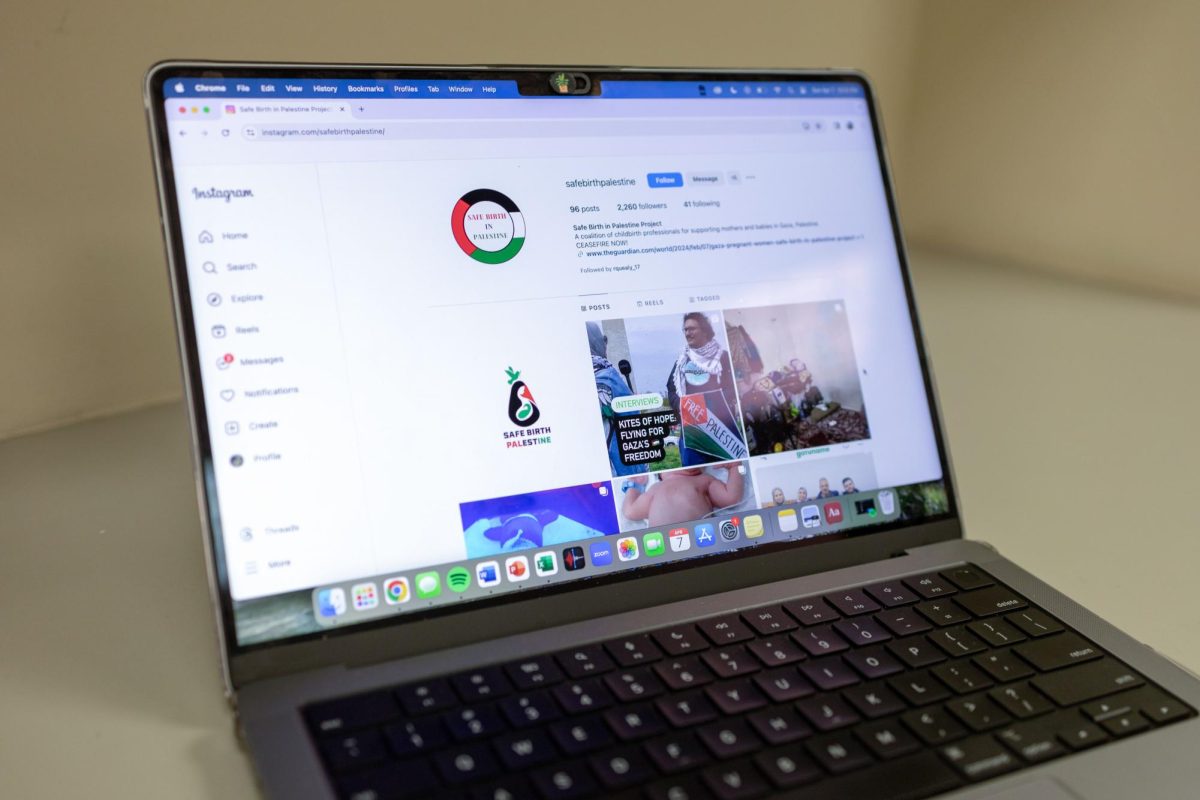Updated: Oct. 10, 2021 at 11:16 p.m.
More than 30 public health professors and research scientists from the Milken Institute School of Public Health signed off on an amicus curiae brief last week urging the Supreme Court to void a Mississippi abortion law.
The brief addresses the Dobbs v. Jackson Women’s Health Organization case that the Supreme Court will hear Dec. 1 to decide whether to strike down a Mississippi law banning all abortion after 15 weeks of pregnancy, regardless of rape or incest. The brief, which 34 Milken professors and scientists signed, argues that births following unwanted pregnancies carry serious maternal and infant risks.
Sarah Rosenbaum, the founding chair of the Department of Health Policy, said she served as the brief’s lead writer, developing its major arguments and conducting research along with a public health research team from the University. She said the Supreme Court justices and clerks will read the brief during the hearing.
“What we used the amicus brief to do was to bring special insights to the court about the public health implications of overturning Roe v. Wade,” Rosenbaum said in an interview. “That’s really what the brief was designed to do and to explain to the court what it would mean to allow states to ban abortion pre-viability.”
Liz Borkowski, a senior research scientist and managing director of the Jacobs Institute of Women’s Health in Milken, said she signed the brief to stand against abortion restrictions on pregnant women, particularly those who live in poverty as a result of structural factors like racism.
“I am proud to see that so many faculty members and researchers from GW have signed this brief because it shows that there’s a broad recognition in our school that abortion is an essential component of reproductive health care and that reproductive rights are essential for public health,” Borkowski said.
The brief – which features 547 signatures from leading academic scholars and research experts in public health, reproductive health and health policies – also includes Richard Riegelman, Milken’s founding dean.
Riegelman did not return a request for comment.
Borkowski said she hopes the Supreme Court will overturn Mississippi’s law and preserve the right to abortion. She said the Supreme Court is set to make its decision in June 2022.
“I hope that the Supreme Court will decide to strike down Mississippi’s law and preserve the right to abortion, and if they allow it to stand, they will do so despite having at their fingertips extensive evidence of the harmful impacts of abortion restrictions on the health of pregnant women and their families,” she said.
Borkowski said she hopes that the large number of Milken representatives signing the brief will show the Supreme Court that the public health community is strongly opposed to abortion restrictions, like those in Mississippi. She said the brief’s 500 signatories include people from different organizations like the American Public Health Association, an organization based in the District which works to influence public health policy.
“This should really demonstrate to the Supreme Court that the public health community is squarely against abortion restrictions and that there is extensive research and experience to show that restricting abortion harms public health,” Borkowski said.
Patricia Pittman – a professor of policy and management and the director of the Fitzhugh Mullan Institute for Healthforce Equity, a multidisciplinary health research institute at GW – said she signed the brief because she believes a woman’s right to an abortion should be a part of standard health care coverage and procedures. She said abortion restrictions in the country are “politically driven.”
“It’s not based on good public health or good medical science, and everything I can do to try to oppose efforts at the state level to erode the right to make a choice about having an abortion, I support,” Pittman said.
Pittman said public health experts across the nation are demanding for more abortion rights and must use their profession to call for change.
“I am one of hundreds of public health experts in this country who are expressing their voice collectively on this issue,” Pittman said. “It’s really important for those of us who study public health and care deeply about the rights of women to speak up and speak up in one voice.”
Marsha Lillie-Blanton, an associate research professor of health policy and management, said she finds Mississippi’s abortion law “disturbing,” because the state contributes little for women’s health care. Missisppi was ranked 48 out of 50 states with the best health care systems, according to a study published by WalletHub late last month.
“I think it’s particularly troubling that this law is coming from a state like Mississippi that does very little in the health of women and infants and families, and yet it’s trying to restrict women’s opportunity to live healthy lives if they have healthy children,” Lillie-Blanton said.
Lillie-Blanton said when the courts consider the wide range of signatures, they will understand the opposition to the Mississippi law and the critical position of the signatories.
“I’m one of 500, but bringing together deans and faculty, advocates and analysts, to come together to make a statement, I think has the potential for an impact beyond an amicus brief that just had one or two people on it,” Lille-Blanton said.
This post has been updated to correct the following:
The Hatchet incorrectly spelled Borkowski’s last name. The correct spelling is now reflected. We regret this error.








